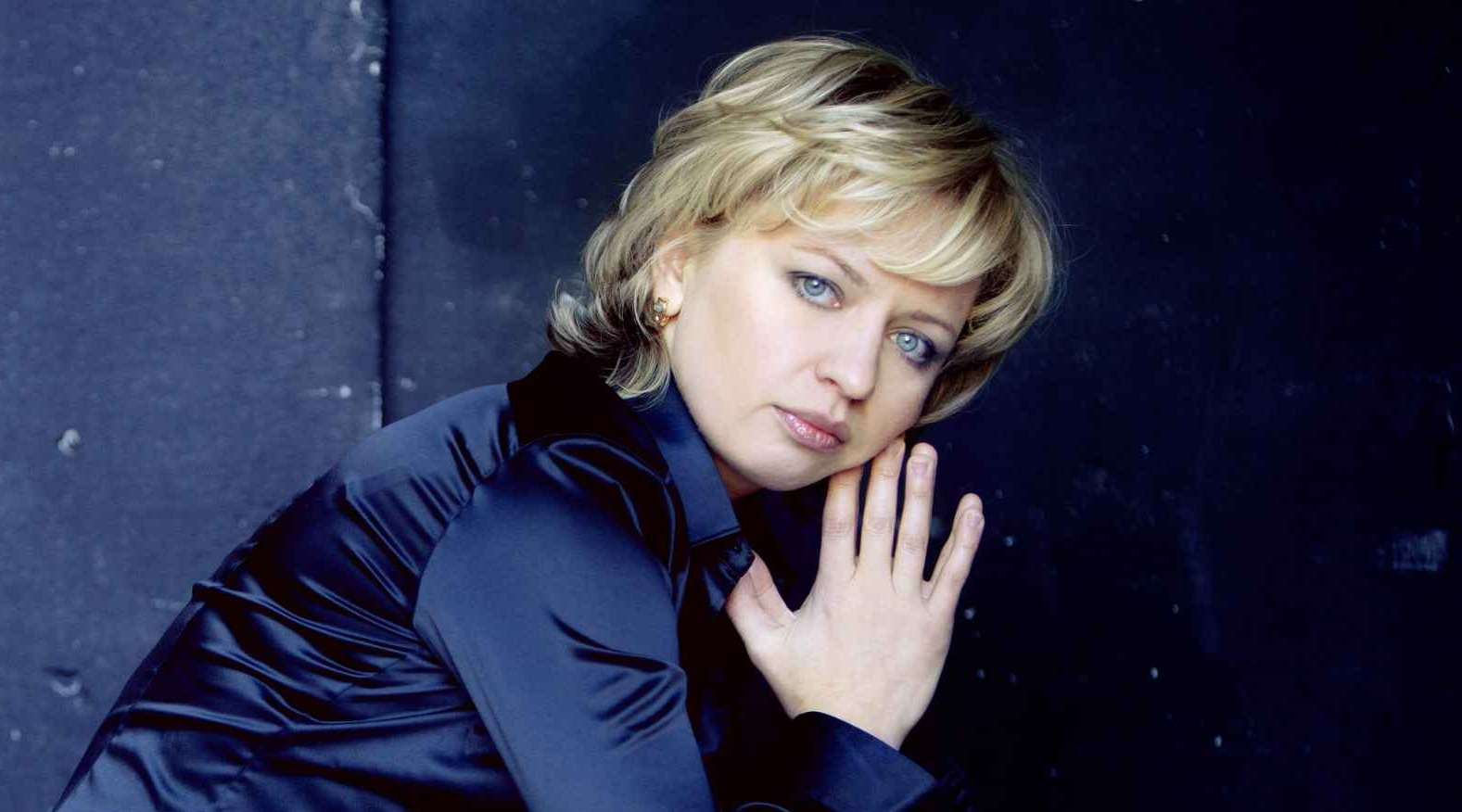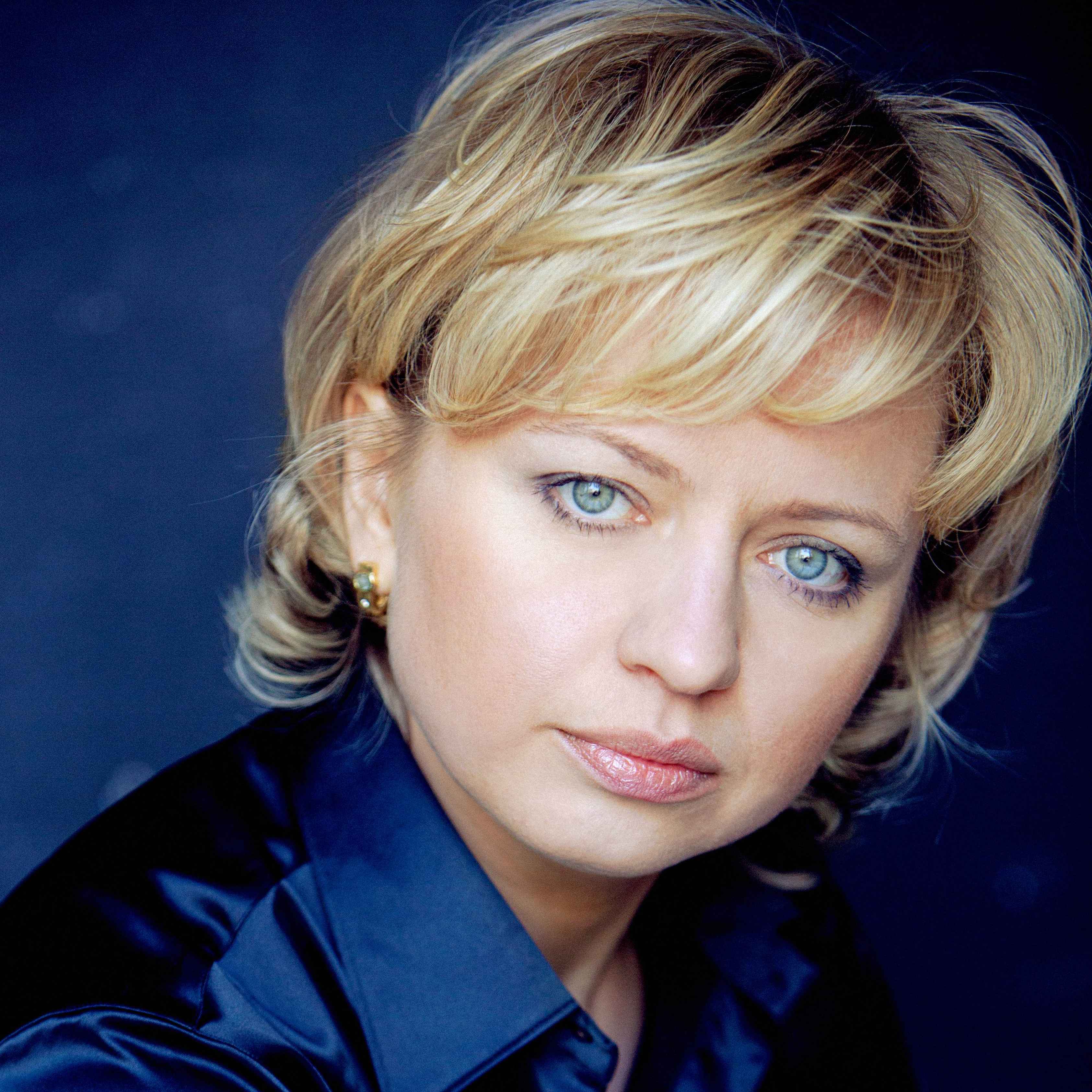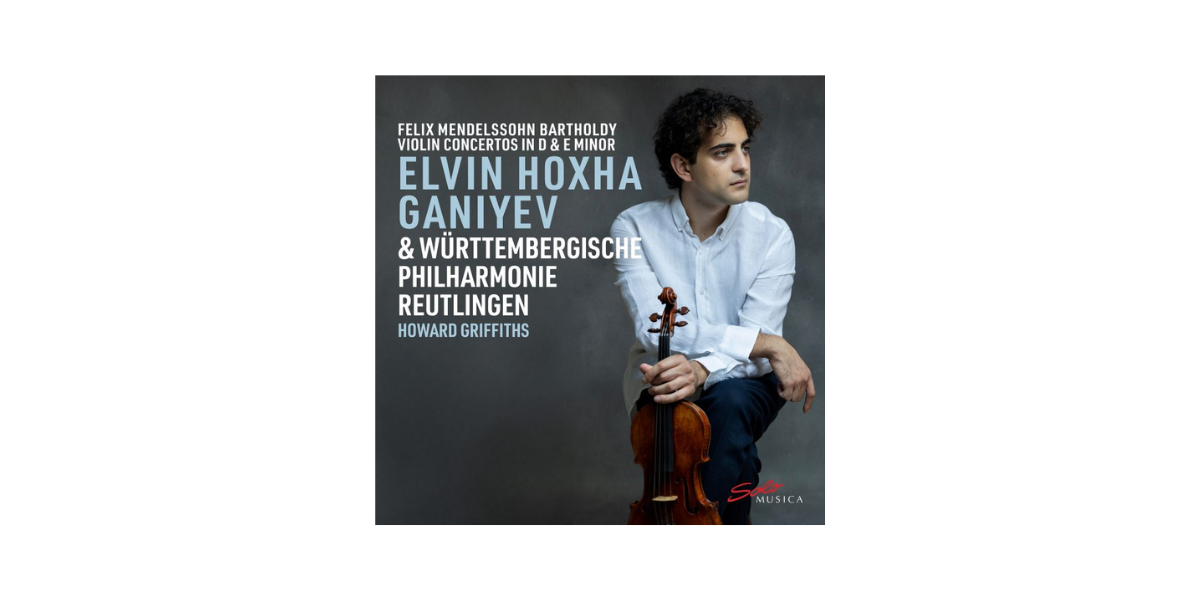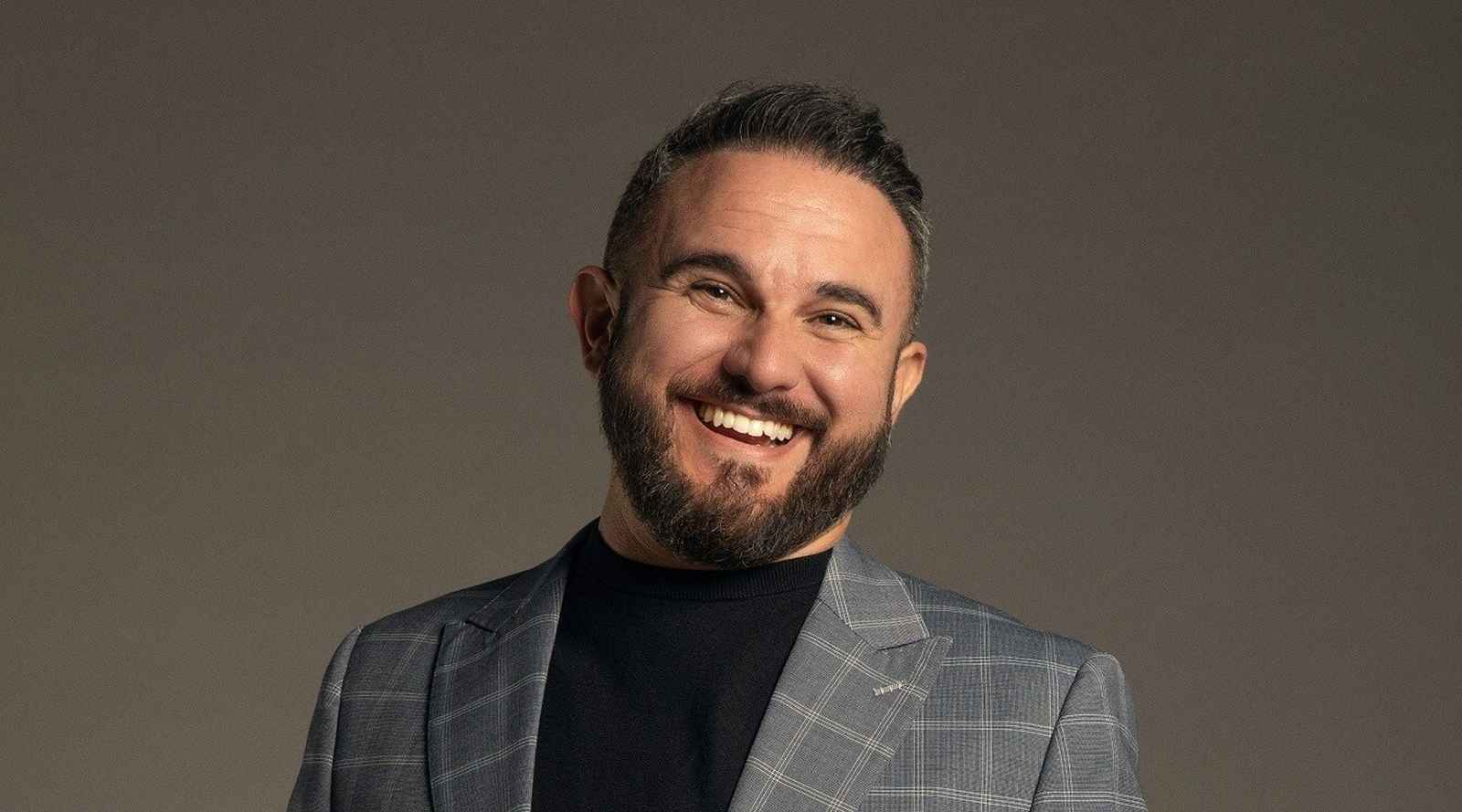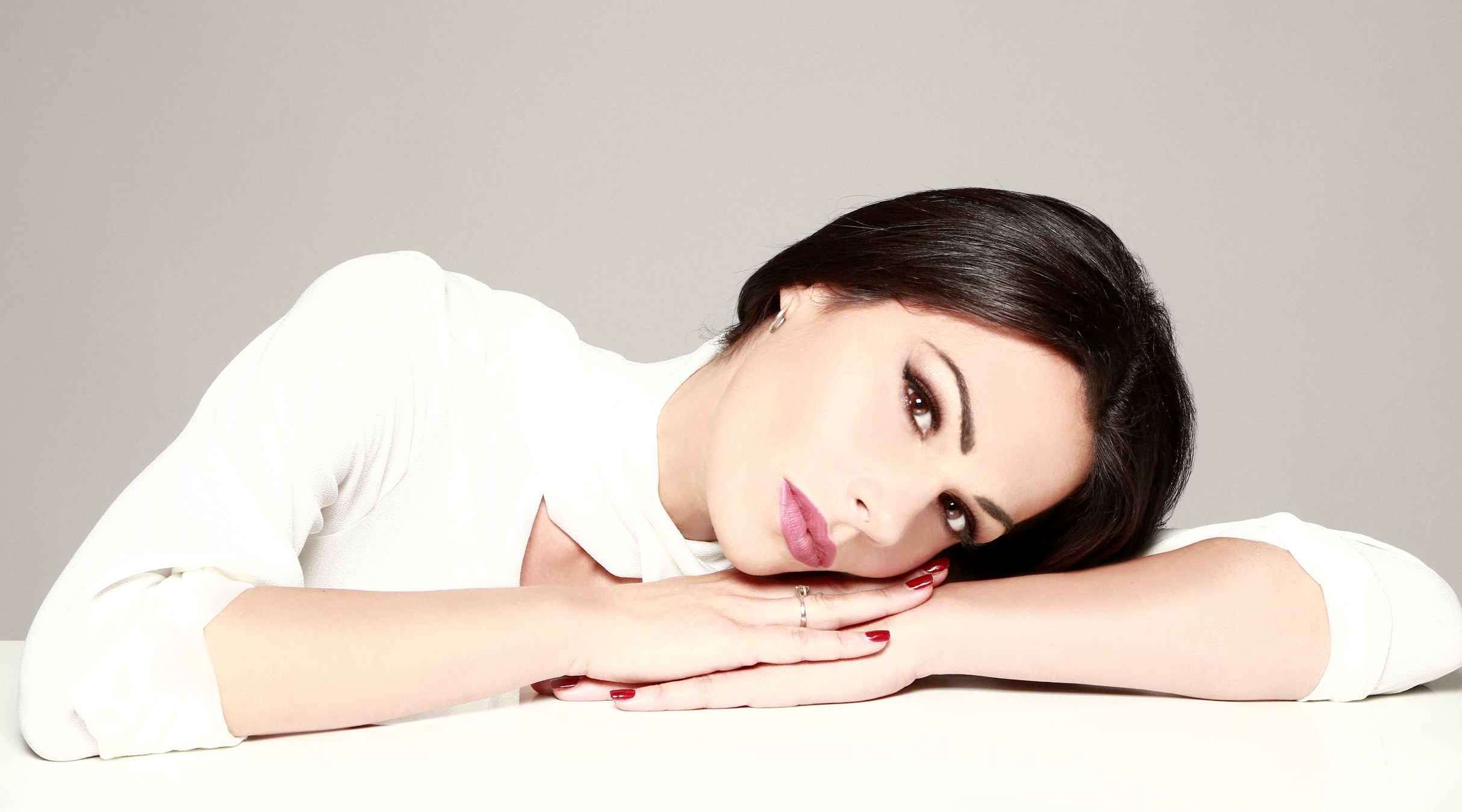On June 14, conductor and composer Anna Skryleva makes her Italian debut at the Il Diritto di Suonare festival — a celebration of women in music — with the Orchestra of the Accademia Teatro alla Scala at the Auditorium Sinfonica di Milano.
In this special performance, she not only leads a program featuring works by Louise Farrenc, Cécile Chaminade and Lili Boulanger, but also presents her own composition — “3 Impromptus in C”, offering a rare glimpse into her voice as both interpreter and creator. Ahead of this milestone, Anna sat down with us to talk about her unique path as a conductor-composer, the challenges of navigating two demanding roles, and what it means to bring contemporary female voices — including her own — to the stage of La Scala.
On June 14 you will make your Italian debut, conducting the Orchestra of the Accademia Teatro alla Scala as part of the Il Diritto di Suonare festival. What does this occasion mean to you? The festival focuses on celebrating women in music. How do you view such initiatives, and what impact do you think they have on the classical music industry today?
It's a great joy to be part of this unique project and to share the excitement of classical music with such talented young musicians and the audience. This also marks my Italian debut, and I'm enjoying every moment in this city where so many legendary artists have performed.
The festival's young female founders have a clear vision and genuine energy that I wholeheartedly support. There's a lot of talk about the role of women in our society, but still not enough action. Today's younger generation of women is more confident and absolutely belongs in top positions - in music and beyond.
Could you tell us more about the concert program - how was it curated, and what elements are especially meaningful to you?
The program, featuring the fantastic soloist Sébastien Jacot and the Orchestra of the Accademia Teatro alla Scala, brings together stylistic and gender diversity. We include works by French composers Louise Farrenc and Cécile Chaminade, both highly active and successful in their time, alongside audience favorites like the Carmen Fantasy for flute and orchestra and Stravinsky's Firebird Suite.
I'm especially thrilled to present the Italian premiere of my own piece „3 Impromptus in C“ for Orchestra, making this debut both as a conductor and composer very meaningful for me.
You belong to a rare group of artists who are both conductor and composer. How do you balance these two roles? Which came first - and which one takes priority today? Do these roles influence one another in your creative process?
I started as a child improvising and composing, and at age ten I entered the composition class at the Tchaikovsky Conservatory. Later, I focused on piano and eventually became a conductor in Germany. Throughout, I kept sketching my own musical ideas - and now I feel ready to bring together my experience as a conductor, pianist, and chamber musician in my compositions.
Balancing both roles is a matter of time management. Conducting - especially opera - requires intense preparation and travel. Composing needs silence and focus. I always try to reserve time, even on the road, to write. In my hand luggage, you'll always find the scores I'm preparing and a draft of a piece I'm composing, along with my laptop and notation software.
When I conduct my own works, I consciously separate the roles. As a conductor, you need some distance to interpret a piece. On the other hand, if I have a question for the composer - she's always nearby! (laughs)
How important is it for you to engage with contemporary music - especially works by female composers?
In Mozart's or Beethoven's time, contemporary music was the repertoire. I find it thrilling to work with living composers and have conducted many world premieres. But I believe it's even more important that new works are performed more than once. A piece needs time and repetition to come into its own. I'm always curious to hear what my colleagues are writing - we inspire and learn from each other.
What future projects are you most excited about - both as a conductor and as a composer?
In September, I will make my debut at Teatro alla Scala with a very special opera project: the world premiere of „Anna A.“ by Italian composer Silvia Colasanti. The opera tells the story of one of my favorite poets, Anna Akhmatova, set in the aftermath of the Russian Revolution - a time of deep repression, especially for artists and intellectuals. A hundred years later, the questions this opera raises still feel painfully relevant. I'm deeply honored to bring this important new work to life on such a legendary stage.
Next season will be quite international for me as a conductor - with projects in Colombia, Sweden, and Australia - and as a composer, I'm especially excited about the premiere of my Scherzo for Solo Horn and Orchestra, written for and performed by Felix Klieser.
